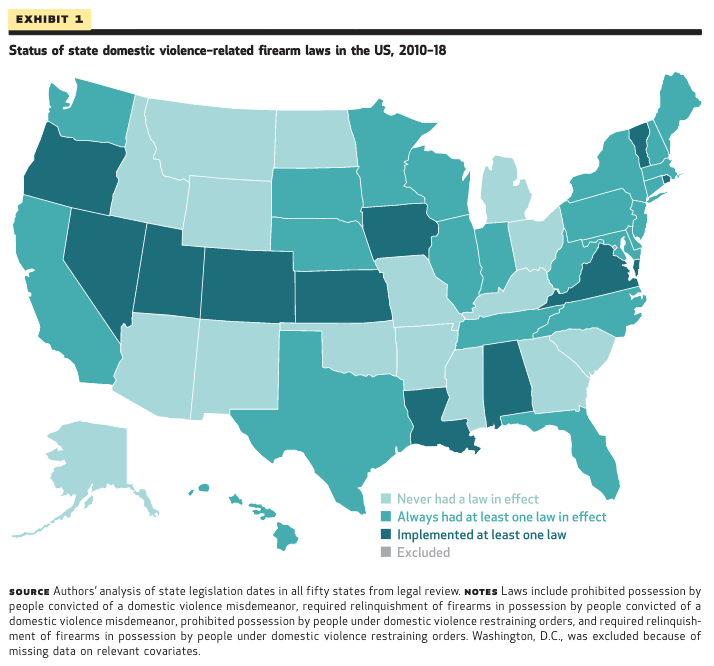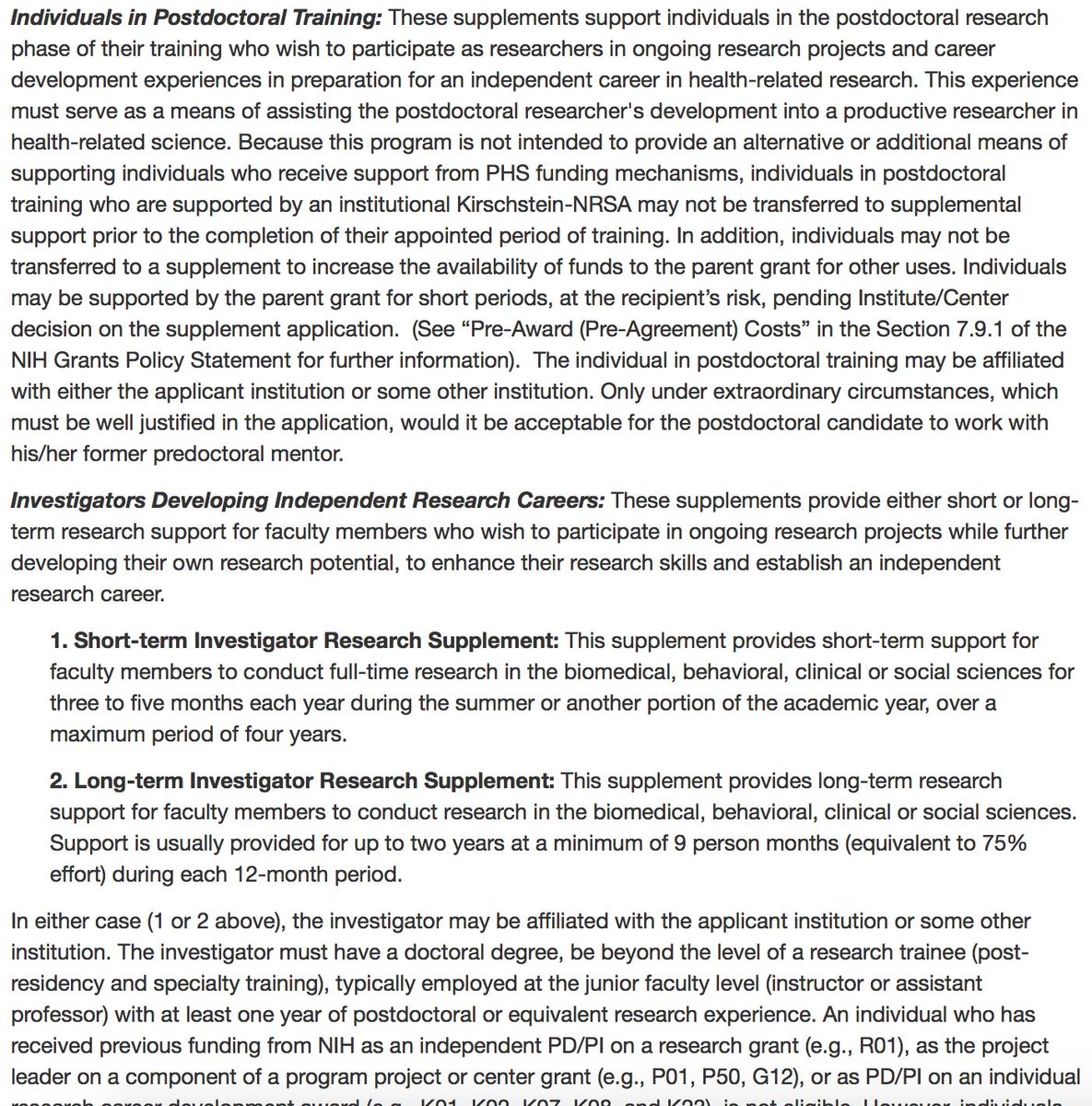Quick thread for those on the academic job market on structuring a cover letter. Here's how I do it (take or leave, of course!). Thread/
First, two notes:
1-This is structured for TT jobs with a research focus/emphasis. Would re-structure for teaching-oriented jobs.
2-I frame my work in two broad orienting questions/areas of interest. I work hard on coming up with these; it’s super helpful. 2/
1-This is structured for TT jobs with a research focus/emphasis. Would re-structure for teaching-oriented jobs.
2-I frame my work in two broad orienting questions/areas of interest. I work hard on coming up with these; it’s super helpful. 2/
So the letter:
Introductory paragraph. Who you are, where you are coming from, your interests, anything particular/unique about you, or statements that synthesize how awesome you are in a way that sings (your CV doesn’t sing, it just lists).
3/
Introductory paragraph. Who you are, where you are coming from, your interests, anything particular/unique about you, or statements that synthesize how awesome you are in a way that sings (your CV doesn’t sing, it just lists).
3/
Research paragraph 1:
*Begin with first big orienting question
*Describe what you’ve done (broad findings, data used)
*Describe specific next ideas (next immediate papers you'll write)
*Close with long term goal (in 6 yrs, what will your work in this area have accomplished?) 4/
*Begin with first big orienting question
*Describe what you’ve done (broad findings, data used)
*Describe specific next ideas (next immediate papers you'll write)
*Close with long term goal (in 6 yrs, what will your work in this area have accomplished?) 4/
Repeat with second research interest.
[Note: change these as much as necessary. They might need to be longer than a paragraph, or you might really just want to explicate ONE big research interest.] 5/
[Note: change these as much as necessary. They might need to be longer than a paragraph, or you might really just want to explicate ONE big research interest.] 5/
I then include a paragraph about how my work is distinctive methodologically. (I use multiple methods, so I focus on that.) This could also be a spot to highlight distinct theories you apply; intersections of fields that you distinctly occupy; or sophisticated/unique methods. 6/
Next para: teaching and mentoring, including basic philosophies and specific teaching interests. If possible, tailor to the department (e.g. note which degree and areas programs in the department you could teach in, specific courses they have or that you could add). 7/
Final para: the institution you are applying at. I highlight:
*how I fit in the dept
*centers at the college/university I'd connect with
*other dept/schools I might work with
This is not throwaway. I spend significant time researching this paragraph. 8/
*how I fit in the dept
*centers at the college/university I'd connect with
*other dept/schools I might work with
This is not throwaway. I spend significant time researching this paragraph. 8/
That's it. I aim for two pages total. The research paragraphs can be blown out longer for research statements; similar for teaching/mentoring. I flip order depending on what the search is for (lead with the interest that best fits the ad). 9/
Practically, I keep a blank template version that has highlighted all the places that require tailoring- e.g. names of departments/schools, courses/degree programs that are specific etc. (Avoid "find and replace" failure at all costs!!) End/
• • •
Missing some Tweet in this thread? You can try to
force a refresh












